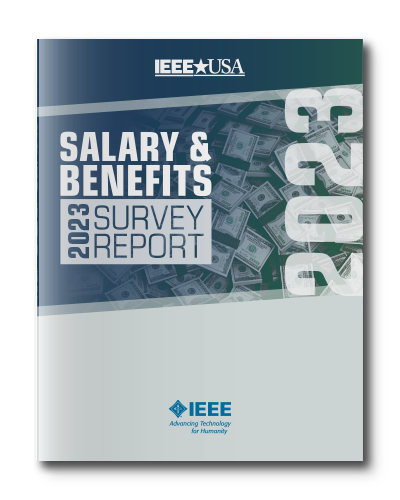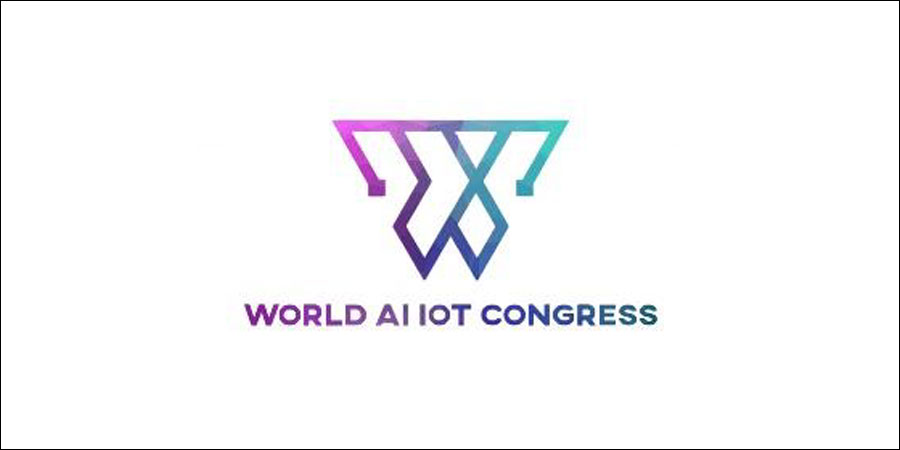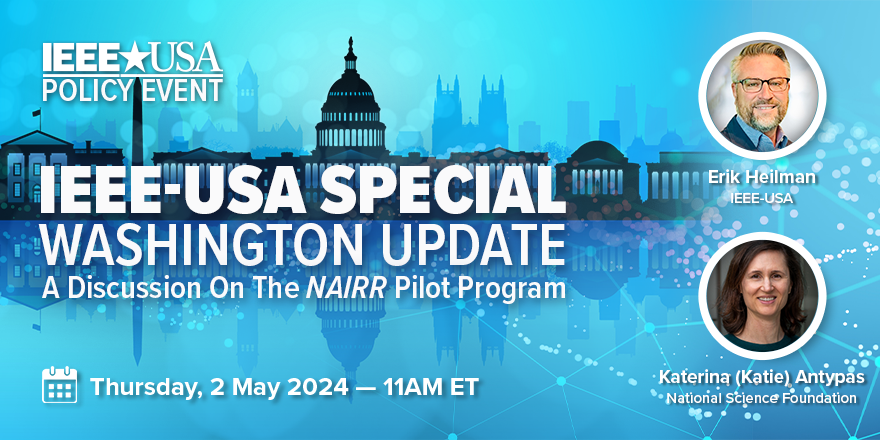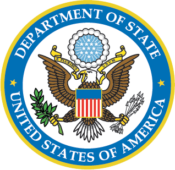
Overview
In an October 1999 report, the National Research Council concluded that, “the U.S. Department of State needs the capability to understand how technological factors influence political and economic developments.” In its 15 May 2000 response, the U.S. Department of State recognized, “the growing significance of science and technology-based issues in foreign policy and is aware that this trend will continue and accelerate. The Department is determined to do what is necessary to respond to this challenge and to meet its responsibilities in this area.”
The Science and Technology Adviser to the Secretary of State reached out to IEEE-USA and other science and engineering societies for help in building its S&T expertise; the result is the IEEE-USA’s Engineering and Diplomacy Fellowship program.
IEEE-USA is seeking U.S. IEEE members who want to spend a year working in Washington as an IEEE-USA Engineering & Diplomacy Fellow, also known as a U.S. Department of State Fellow. The fellowships run for one year, from 1 September until 31 August each year.
This fellowship program is designed to raise awareness of the value of STEM input into the public policymaking process, and offers an opportunity for the fellow to provide technical expertise to the U.S. Department of State, while learning about and contributing to the foreign policy process.
Each year, the IEEE-USA Government Fellows Committee selects eligible IEEE members from a pool of applicants to serve the one-year fellowship at the U.S. Department of State’s offices in Washington, DC. Selections are made on the basis of the applications and interviews with the Committee. The Committee is composed of IEEE members, some of whom are former fellows. The IEEE-USA Board approves the Committee’s selections.
Engineering & Diplomacy Fellowship Application Info
 If you wish to apply for IEEE-USA’s U.S. Department of State Fellowship, please apply directly to IEEE-USA using the application linked to this page. Do not apply to AAAS for the IEEE-USA Fellowship.
If you wish to apply for IEEE-USA’s U.S. Department of State Fellowship, please apply directly to IEEE-USA using the application linked to this page. Do not apply to AAAS for the IEEE-USA Fellowship.
IMPORTANT NOTE: While you may apply for more than one of the IEEE-USA fellowships (Congressional, State, USAID) in any one year, you must be sure to submit a completely separate cover letter and separate supporting packages for each type of fellowship. Each of your statements of intent and reference letters must carefully illustrate your understanding of the specific type of fellowship for which you are applying. These cover letters illustrate to the selection committee your understanding and awareness of the distinctions between the responsibilities of legislative and executive branch personnel. IEEE-USA will not accept one application package in which you state you are interested in all three types of fellowships. Additionally, before you apply for a U.S. Department of State fellowship, please consider whether or not you think you will be able to obtain a U.S. Government security clearance. Ability to obtain a security clearance is a prerequisite to working as a U.S. Department of State fellow. If a fellow fails to obtain the necessary clearance, the fellowship will be rescinded and all stipend funds, if issued, must be returned to IEEE-USA. If you have any questions about the process, this website provides additional information: https://www.state.gov/security-clearances
In applying for the U.S. Department of State fellowship, you must provide a clear understanding of the role of the U.S. Department of State in foreign policy, along with a statement of the areas of the agency’s work that most interests you. You should also identify those areas in the U.S. Department of State where you feel you would make the most significant contribution.
If selected as a finalist, you will then be invited for an interview. Interviews may be virtual or in-person, may not be rescheduled, and must occur on one of the specified days. You will be notified of your interview date if you are selected to advance to the interview stage.
If selected for a U.S. Department of State fellowship, you must spend one week in Washington — at IEEE-USA’s expense — in mid-April, participating in the Fellowship placement process coordinated by the American Association for the Advancement of Science (AAAS) and the Office of the Science and Technology Adviser to the Secretary of State (STAS). In addition to the opportunities provided by the AAAS process, the STAS office will work with you one-on-one and connect you personally with offices that work on topics of interest to you. See the agency’s website to begin researching the agency’s structure and where you might like to work if selected. The Government Fellows Committee will often ask applicants if they’ve researched the agency and thought about where they may wish to work.
Submit your application ELECTRONICALLY, by the stated deadline, to Erica Wissolik at e.wissolik@ieee.org. Be sure to specify your name, member number, mailing address, daytime phone number, and e-mail address. We must receive your application via e-mail by the deadline for it to be considered valid.
Staff Contacts
Erica Wissolik
Program Manager, Government Activities
Phone: 202-530-8347
Email: e.wissolik@ieee.org


